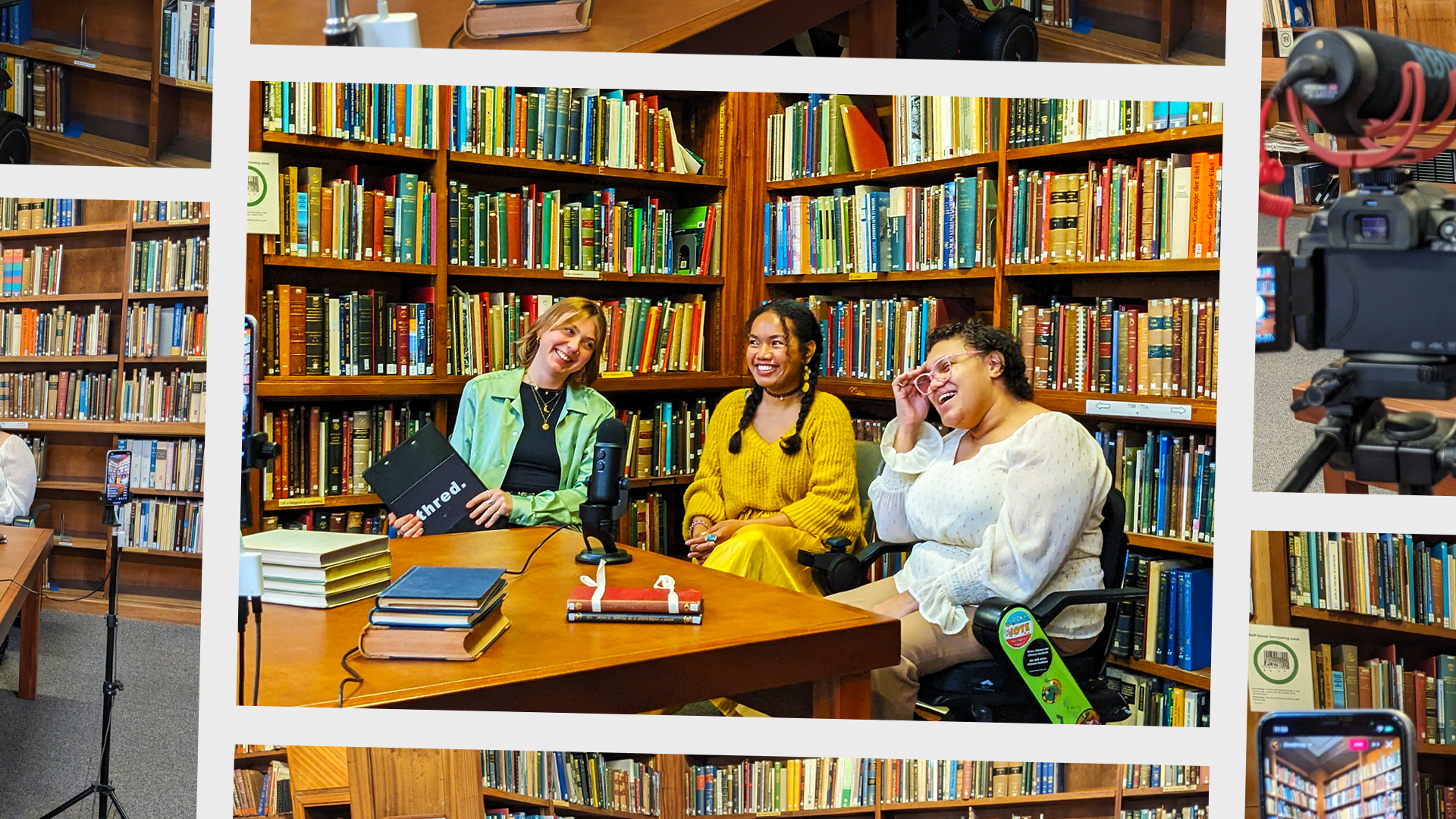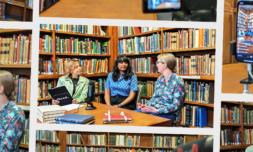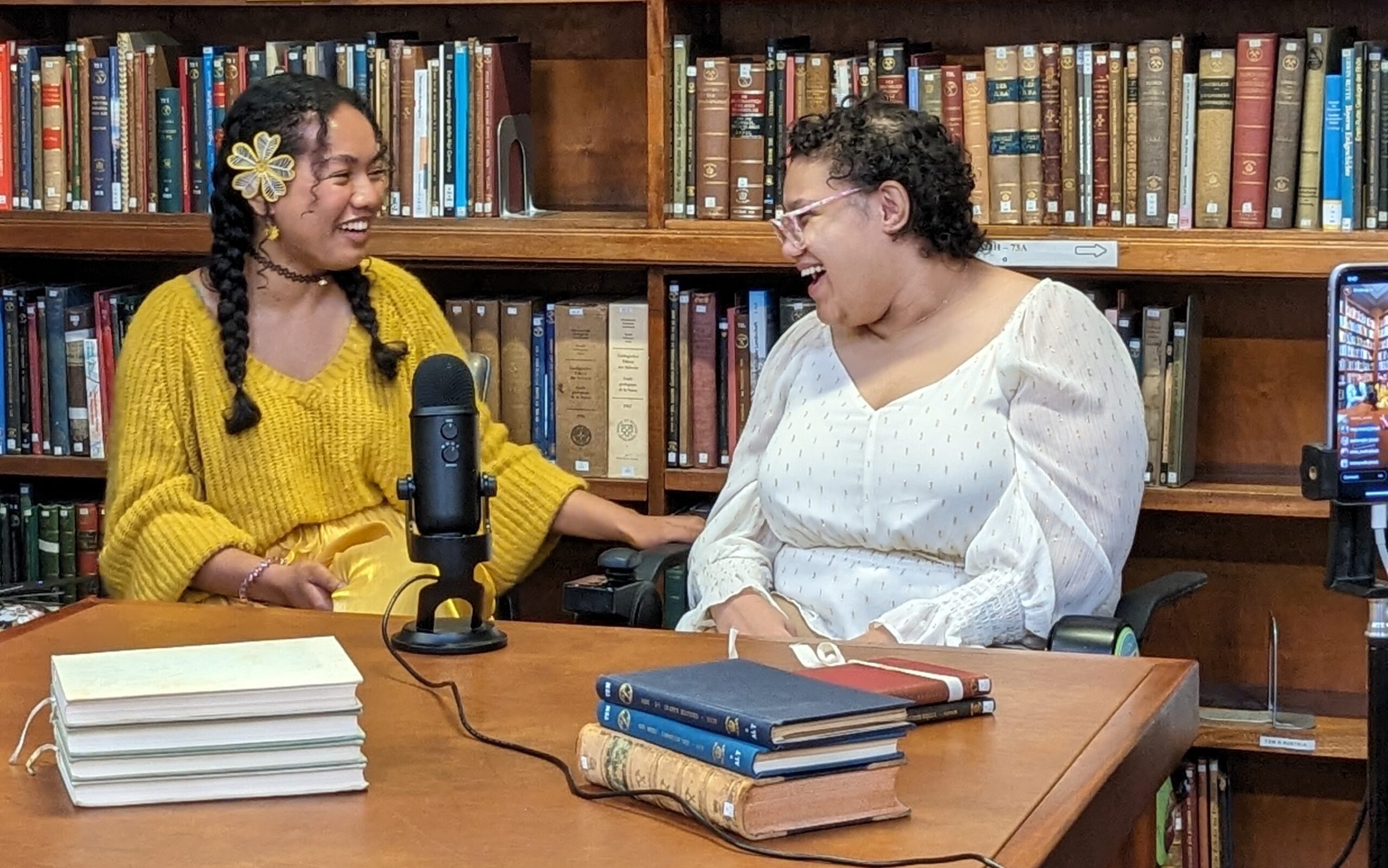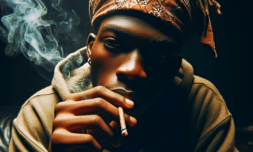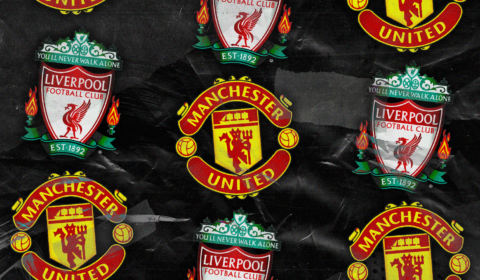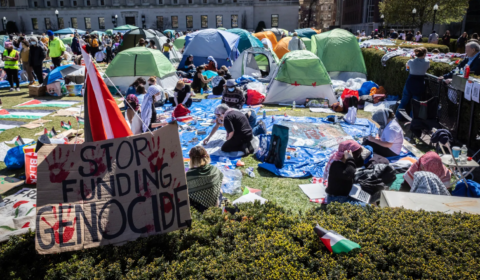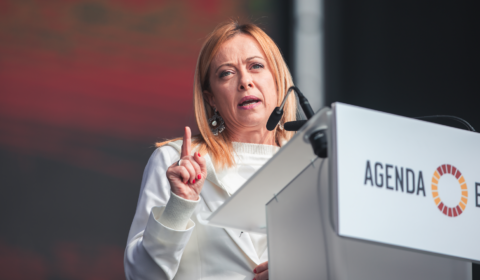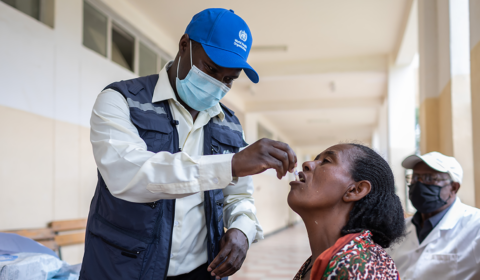We went to the Natural History Museum’s Generation Hope: Act for the Planet event to highlight both the climate justice activists’ insights on the climate crisis and how we can drive positive change for the Earth’s future.
Daphne Frias is a Latina climate justice activist, disability awareness advocate, and storyteller born and raised in West Harlem, NYC. As a freelance organiser, she spends her time speaking at various colleges, summits, and panels. She additionally consults with several non-profits, crafting engaging campaigns highlighting the voices of Gen Z. Her work focuses on achieving meaningful change through a holistic view of all communities and guaranteeing that we tackle disability and the environmental emergency simultaneously in order to create a just and equal future.
Selina Leem is a climate warrior, poet, and spoken word performer from the Marshall Islands. She was the youngest delegate to speak at COP21 and has also spoken at COP26, where she made a ‘passionate plea’ to world leaders for increased action on addressing the crisis. To date, she’s raised concerns on permafrost melting, forest fires, and droughts and continues to bolster awareness about her country’s lack of funds and expertise to adapt to the impending impacts of the climate crisis – which scientists predict could see the nation disappear within the next fifty years or less.
View this post on Instagram
Thred: It’s almost been a year since we last spoke at Generation Hope’s launch event. What wins has activism or climate science seen in that time? What losses?
Daphne: Right off the bat, what comes to mind is that the US has paused our liquified natural gas extractions, which is a huge win for the climate community because it means that President Biden has successfully been pushes to keep his electoral promises. It’s a testament to the organisers from different generations, backgrounds, communities, and abilities who have worked hard to make sure we stay in line.
We’ve seen a growth in the collective conscious experience of the climate crisis.
Selina: The Marshall Islands has been looking into sustainable sea transportation because this is our main source of emissions given a lot of our products are imported from overseas. Additionally, many Pacific Island nations have built a global alliance to phase out coal, oil and gas and have endorsed the Fossil Fuel non-proliferation treaty, which is supposed to be an add on to the COP21 agreement.
Thred: Things seem to be getting out of hand. What are some new ways in which we can be waking people up to the severity of this? How can we remain hopeful?
Daphne: Try to harness the fact that you don’t need to be a perfect activist to do this work. If you’re an artist, you’re an activist. If you’re a storyteller, you’re an activist. If you love to cook nice meals, you’re an activist. Channelling our different niches and interests is how we move forward. The issue at the moment is that people think they have to reinvent themselves and change their entire lifestyle to be climate conscious. That doesn’t necessarily have to be the case. Take veganism. Yes, sustainable consumption habits are incredibly important, but they also erase cultures with historic or traditional ways of eating who use their natural resources to be able to connect with the Earth.
We must learn to respect the land through a regenerative relationship with nature and respect the communities that have been safeguarding it for generations.
Don’t reinvent yourself – amplify this message.
Selina: The pressure we’re under is being driven by the narrative major corporations are pushing that this all comes down to individual action when it’s really the 1% that are the most responsible for the planet’s destruction. So, it’s essential we hold them accountable and make them take responsibility.
Thred: The science is clear – we need urgent and effective action to reduce the growing threats against biodiversity and the health of current and future generations. However, many industries (primarily coal, oil, and gas) spend time and money trying to cast doubt on research examining the climate crisis. What strategies have been used to mislead the public and what is the impact of these narratives? And, how can we educate ourselves on environmental disinformation and address this problem to stop it from delaying progress any more than it already has?
Daphne: Greenwashing is rampant.
Fossil fuel companies utilise language in a manipulative way to coerce people into believing that they’re moving towards sustainability. But fossil fuels can never be sustainable, they caused this crisis. How can we trust these inherently evil companies to change their ways when they’ve been told repeatedly that they’re the problem and nothing’s happened?
In terms of enlightening ourselves so that we’re no longer misled, climate communication is the key. How can we disseminate the information to communities who are not well-versed in climate jargon? Yes, we must lead with the science, but if everyone isn’t capable of understanding, then it isn’t helpful. Stop using climate jargon to gatekeep and stop communicating solely in a coloniser language.
We should be communicating in all languages, especially those of the people on the frontlines who are experiencing the brunt of the climate crisis first hand.
Selina: Communication can take on so many different forms. In the Marshall Islands, our culture is passed down orally from generation to generation, so I grew up with storytelling all around me. I remember during COP21, the first conference I attended, former foreign minister Tony deBrum gave his statement for our country in Marshallese. Though I felt like I was listening to my grandfather reading me a bedtime story, for some reason (likely my whitewashed education) I was ashamed. Largely because I worried that people wouldn’t want to pay attention to a speech that wasn’t in English, that didn’t sound like the rest of the delegations. When the speeches were released to the public, however, so many people had resonated with the value he’d placed on our land and our traditions. This is when I realised how much unlearning I had to do. To decolonise my approach to these spaces and remain true to my culture.
Why? Because Authenticity is one of the most powerful tools available to us in this fight.
Thred: Why is intergenerational collaboration so important and how can we be fostering it?
Daphne: I think there’s a misconception that young people are the be-all and end-all of the climate movement.
We’re standing on the shoulders of so many communities, organisers, and advocates that have come before us. Disregarding this makes us feel like we can only show up in a very specific way.
People forget that those advocating for the planet are also experiencing the climate crisis. We live in a constant state of juxtaposition. Yes, we have a platform, but we don’t always have to know the answer. We can amplify the voices that need amplifying and speak out when it’s time to do so, but we should also be conscious of when it’s time to take a step back. A balance between generations is important.
Selina: At the last three COPs I’ve attended, I’ve seen more and more Pacific nations appointing youth as actual members of the delegations. At COP28, the core team had created a buddy system, which saw young people from the Marshall Islands partnered with either a climate negotiator or lawmaker. Our responsibility was to shadow them and if we needed any kind of support, we could turn to them for advice. This was really powerful because it meant we could go behind closed doors, into spaces we wouldn’t normally have access to. This proved to me that older generations do indeed recognise our role in this movement and how important it is to not only include us in the decision-making process, but to train us so that when we eventually take on their roles, we know exactly how to go about it.









